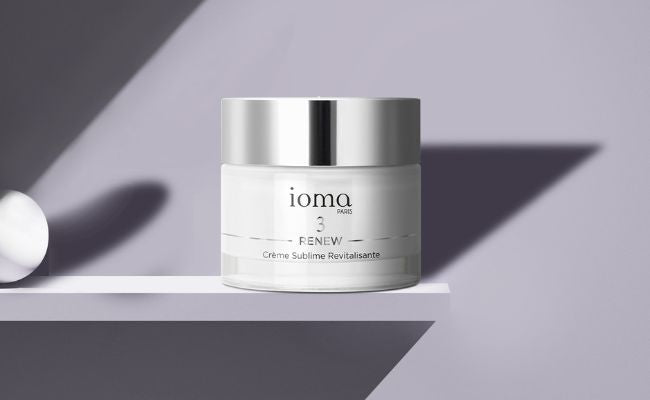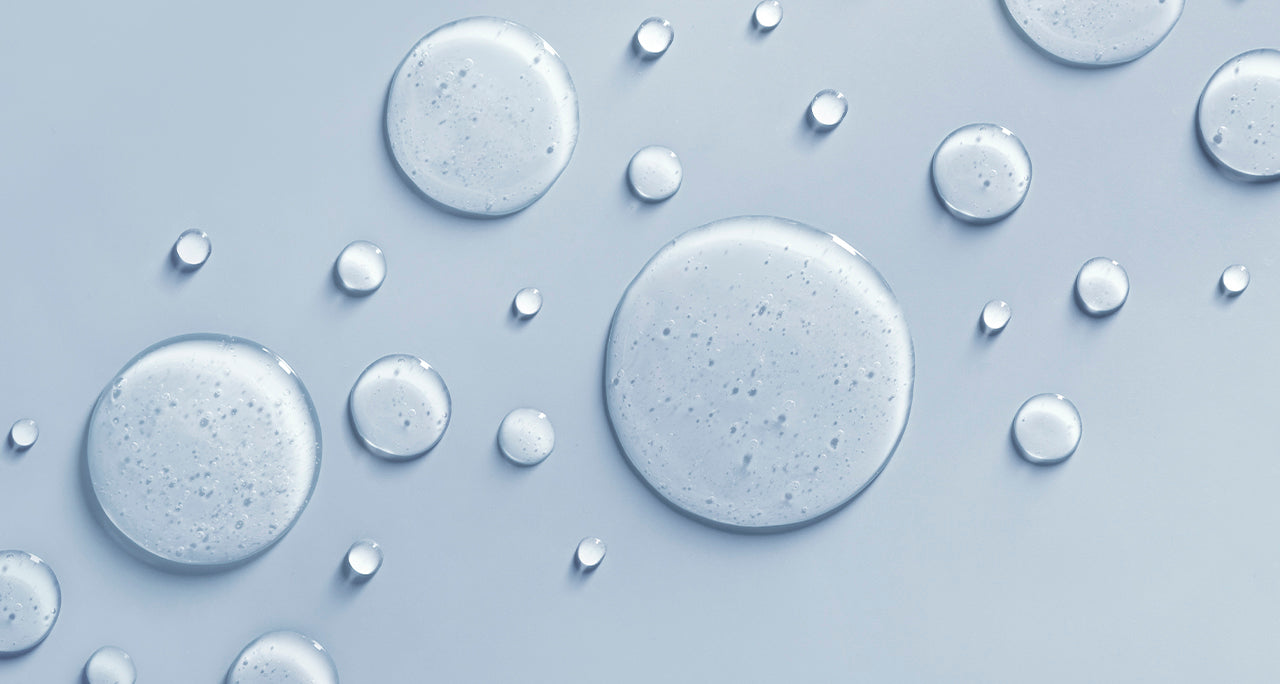
What are the effects of menopause on the skin?
How does menopause affect the skin?
Menopause is a period of natural decline in reproductive hormones, particularly estrogen and progesterone. These hormones play a crucial role in maintaining the skin barrier, regulating hydration, and cell renewal. Their decline leads to a series of changes:
- Dry skin : Reduced estrogen affects sebum production, making skin drier and less supple. The skin barrier weakens, promoting water loss and increasing skin sensitivity.
- Loss of elasticity and firmness : Collagen and elastin fibers, responsible for the skin's firmness and suppleness, diminish significantly. The skin becomes thinner, looser, and more prone to wrinkles.
- Increased wrinkles : The decline in collagen, combined with the decrease in hyaluronic acid, promotes the formation of wrinkles and fine lines. Cell renewal also slows, making wrinkles more visible.
- Hyperpigmentation and dull complexion : Hormonal fluctuations can lead to imbalances in melanin production , causing dark spots and a less even skin tone.
Key active ingredients to support skin during menopause
To counteract the negative effects of menopause on the skin, it's essential to choose targeted skincare products formulated with powerful active ingredients that hydrate, strengthen the skin barrier, stimulate collagen, and even out skin tone. Here are the key ingredients to look for:
Hyaluronic Acid
Hyaluronic acid is a powerful moisturizer that attracts and retains water in the skin, helping to restore its volume and suppleness. During menopause, when skin becomes drier and thinner, hyaluronic acid helps boost hydration and smooth fine lines.
Retinol
Retinol, a form of vitamin A, is one of the most effective anti-aging ingredients . It stimulates cell renewal and collagen production, helping to reduce the appearance of wrinkles and firm the skin. It is especially recommended for mature skin, as it improves skin texture and elasticity.
Peptides
Peptides are chains of amino acids that act as messengers to stimulate the production of collagen and elastin. They help redensify the skin and restore its firmness. Peptide-enriched skincare products are ideal for combating the loss of volume and tone due to menopause.
Vitamin C
Vitamin C is a powerful antioxidant that protects skin from free radicals and helps even out skin tone. It also stimulates collagen production, which is essential for counteracting the loss of firmness associated with menopause. It also helps fade dark spots and revive skin's radiance.
Ceramides
Ceramides are essential lipids that strengthen the skin barrier, preventing dehydration and soothing dry and sensitive skin. During menopause, ceramide levels decrease, making skin more vulnerable. Ceramide-rich skincare helps restore barrier function and maintain optimal hydration.
Adopt a menopause-friendly skincare routine
An effective skincare routine should include products rich in these key active ingredients to meet the specific needs of menopausal skin:
- Cleanse gently : Use a gentle cleanser that does not dry out the skin and preserves the skin barrier.
- Intensely hydrate : Opt for hyaluronic acid serums and ceramide-rich creams for maximum hydration.
- Stimulate cell renewal : Incorporate a retinol treatment to improve skin texture and reduce wrinkles.
- Protect your complexion : Use an antioxidant cream with vitamin C to prevent dark spots and even out your complexion.
- Strengthen and firm : Choose products containing peptides to plump and firm the skin.
Menopause can bring significant changes to skin, but the right skincare routine and targeted active ingredients can help mitigate these effects. By incorporating ingredients like hyaluronic acid, retinol, peptides, and vitamin C, it's possible to maintain hydrated, firm, and radiant skin despite hormonal fluctuations. Take the time to adapt your skincare to your skin's changing needs to give it the support it needs during this transition.





